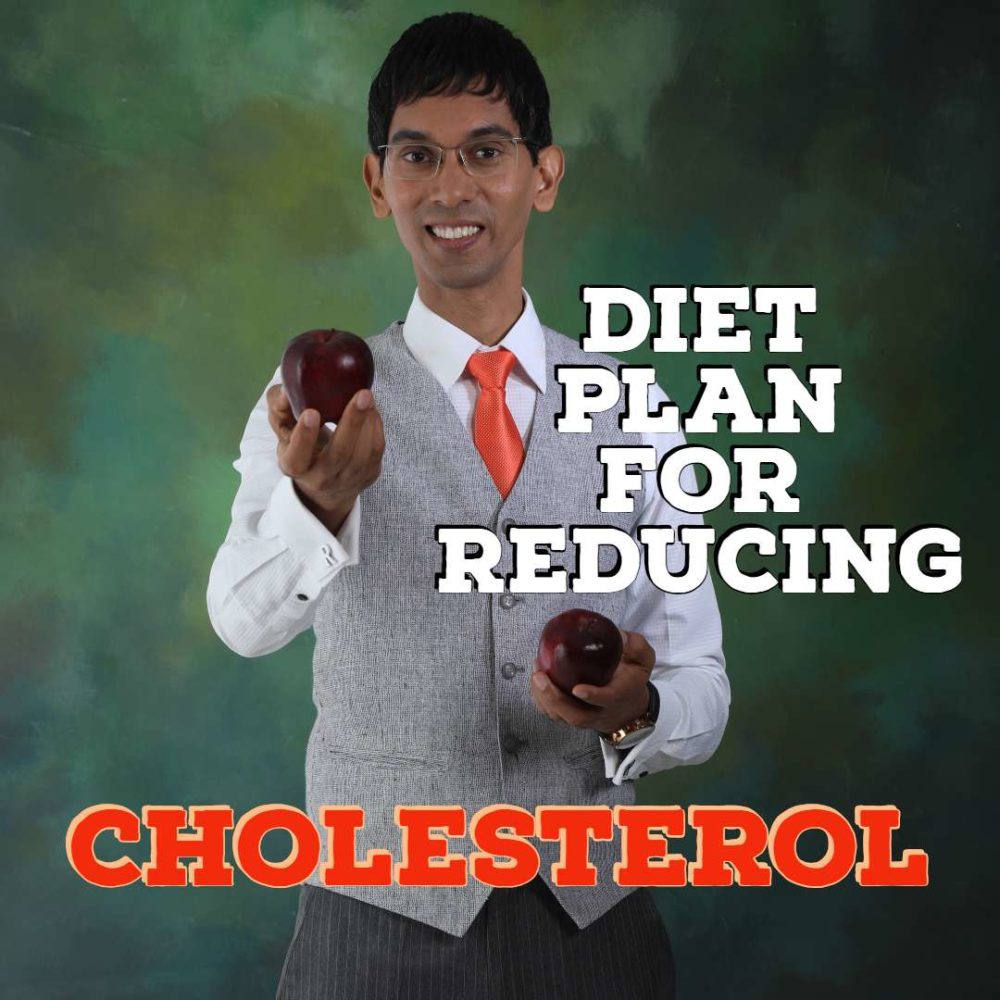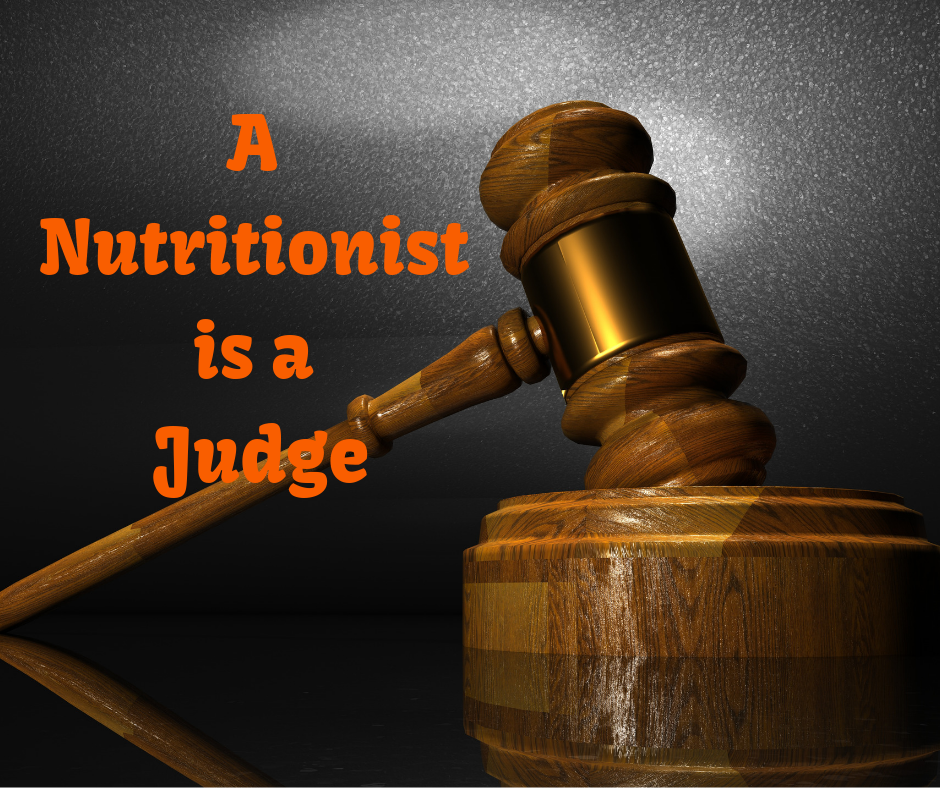Cancer Nutrition- Nutritional Treatment Therapy
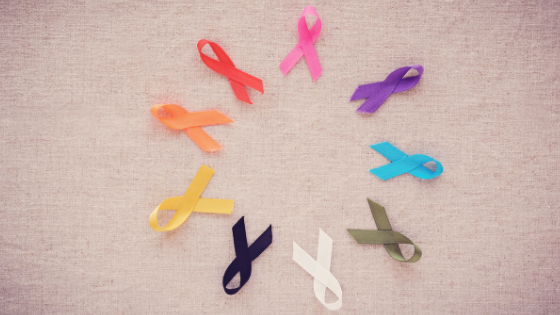
2024-02-26 08:24:34
Cancer Nutrition: Nutritional Treatment Therapy
Cancer – A Complex Disease:
Cancer is not a single disorder. There are many different types of cancers which affect the body in a different course and require different treatments.
Gene mutation or abnormal activation of cellular genes that control cell growth leads to cancer. Dietary factors act as the major causative factor for various types of cancers which include cancer in the uterine – cervix, breast, oro-pharyngeal and colo-rectal regions.
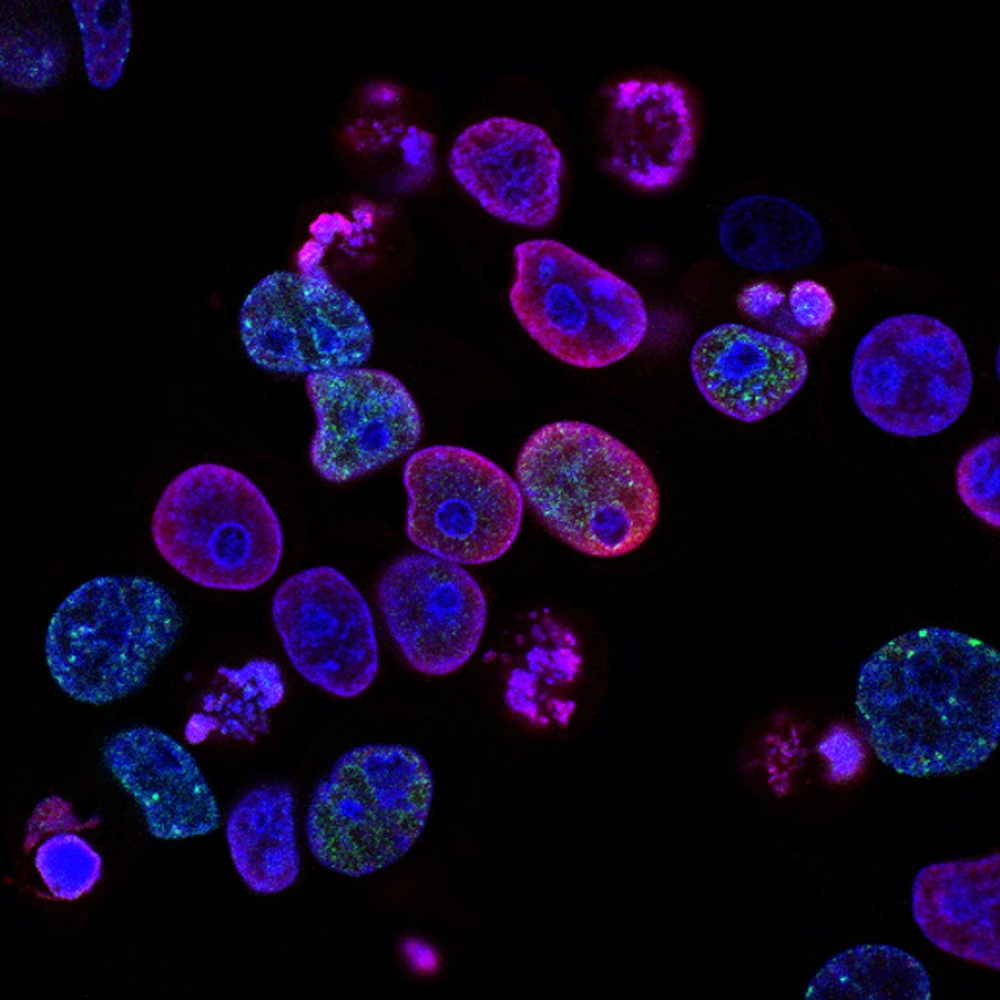
Connection between Food & Cancer Development:
Choice of food and drinks influences our health status. We have strong evidence that connects the consumption of whole grains, vegetables and fruits and lowered cancer risks. At the same time, there are studies which confirm the excess consumption of processed foods can increase the risk of cancers.
There are two major mechanisms through which foods can cause cancer. They are,
1.By being a direct carcinogen
2.Can produce carcinogen during the cooking process.
3.Certain microorganisms can produce carcinogens in improperly stored foods.
4.Certain foods can also act as a substrate for the formation of carcinogens in the body while some foods have the ability to disrupt the gut bacterial balance which could lead to the production of carcinogens.
Cancer & Glucose:
Cancer feeds mainly on glucose. So by lowering the amount of glucose available for the tumor cells, we can surpass their multiplication. At the same time, completely avoiding glucose is fatal since the healthy cells need them to grow and at the end of the day, we need glucose for performing our day to day activities.
Low glycaemic foods can be included in the diet to achieve lower blood glucose concentrations. High fibre diets with low glycaemic index such as Beans, vegetables, whole fruits & whole grains also have the same effect on glucose levels in the blood.
What can cancer do to your body?
Cancer can influence the nutritional status of the patient and has the ability to exert serious effects on the overall health. Some of these are listed below and these problems, if left untreated, could even lead to death of the patient.

1.Extreme weight loss:Cancer is called a metabolic disorder for a fact that the tumour cells rewire the whole metabolism of the body and demand more energy to meet the excess energy requirements for their abnormal multiplication.
2.Limited food intake:Cancer patients often experience loss of appetite because of their ongoing therapies surgery, radiation & chemotherapy. Chemotherapy & Radiation therapy in the head and neck may lead to inability to distinguish basic tastes such as sweet, sore, salt which ultimately leads to aversion to food and in turn lower the food intake.
3.Muscle wasting: Increased energy needs coupled with decreased nutrient intake often lead to the wasting of muscles which is termed medically as “Cancer Cachexia”. Almost 80% of the cancer patients often experience this severe muscle wasting syndrome.
4.Nutrient Malabsorption:Gastric (Stomach) cancer often requires surgery which involves removal of the part of the intestine (Gastrectomy). This could lead to malabsorption of nutrients particularly Vitamin B12 in most cases.

5.Anaemia:Anaemia is caused by a multitude of factors such as not meeting the nutrient requirements which could disrupt the hemoglobin synthesis in the body. Also poor absorption of nutrients such as Vitamin C, Vitamin B12, Folic acid which usually works on par with iron.
Why Nutrition is the top priority when it comes to cancer patients?
Malnutrition is common in cancer patients and appropriate nutritional intervention should be given immediately once it is diagnosed. Malnutrition can be caused by improper intake of food, abnormal nutrient absorption and lowered immune defense mechanisms.
Building immunity is more significant to the cancer patients because,
1.The cancer cells have the ability to weaken our immune system by spreading to the bone marrow where the immune cells are produced.
2.Cancer treatments such as Chemotherapy, Radiotherapy also weaken the immune system by lowering the WBC produced in the bone marrow.
Principle & Objectives of Cancer Nutrition:
The objectives of cancer nutrition include,
1.To meet the increased energy needs because of the disease.
2.To prevent tissue damage and muscle loss.
3.To alleviate the symptoms of cancer.
4.Should be an adjuvant therapy to help recover the patients from the disease faster.
Tips to Beat Cancer with Nutrition:
TIP 1: Protein rich Diet

Proteins are the macronutrients which are needed for growth and repairing of our tissues and cells. The protein demands for the cancer patients are higher than the normal requirements because of the increased metabolic needs of the disease. If enough protein is not supplied in diet, the muscles are broken down for energy which leads to the classic Cancer Cachexia.
Diets rich in proteins of high biological value such as Eggs, fish, dairy products, lean meats, lentils, beans & nuts are recommended. Plant proteins such as pulses and soy products are preferred over animal proteins since the latter are found to increase the cancer risks. Make sure that you include sufficient sources of protein in each meal.
Ways to increase the protein intake:
1.You can add eggs to the gravies
2.You can pair up & eat nut butter with fruits such as bananas and apples
3.Use cheese while making snacks
4.Have a cup of curd/ buttermilk after your lunch
TIP 2: Low fat diet

Reduction in total dietary fat is often recommended to reduce mortality in cancer cases. Fried foods rich in saturated fats are restricted whereas omega 3 fatty acids found in fish and flax seeds are recommended. Blending of oils such as Groundnut oil + Sunflower/ Safflower oils is preferred over other vegetable oils.
TIP 3: Healthy Gut microbiome
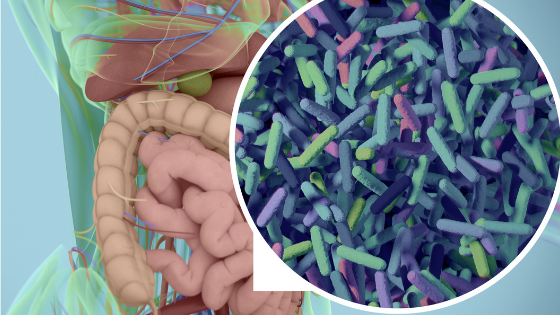
The Gut microbiota plays an important role in building a strong immune system. About 70% of the immune system is inside the gut. Recent research has proved that gut health can be improved with the help of a healthy diet.
A healthy gut microbial balance can be achieved via the following ways.
1.Include probiotic foods. Eg: Buttermilk, Fermented foods like Sauerkraut, Kombucha.
2.Prefer whole grain cereals over refined products
3.Make sure that you include about 30 – 35g of dietary fibre
4.Avoid ultra processed food.
TIP 4: Managing Side effects

Side effects of cancer therapy are inevitable and the least we can do is to alleviate the symptoms by changing our dietary habits. Mouth sores, dry mouth & loss of appetite are the common effects of radiation & chemotherapy.
Ways to alleviate the symptoms include,
1.Meals should be made more attractive and palatable
2.Avoid larger meals; Have frequent small meals of soft texture for every 2-3 hours
3.Having lukewarm or cold foods
4.Soft foods like custard, milkshakes, lassi are recommended
5.Avoid foods that irritate the mouth ( spicy or salty)
6.Have foods in liquid form
7.Drinking through a straw
8.Maintaining oral hygiene
9.Sucking on ice chips
10.Lots of fluid intake; Inclusion of Citric juices such as orange juice stimulates saliva production which alleviates the symptoms of dry mouth.
11.Limiting caffeine containing drinks
12.Replace water with some energy providing milk shakes and fluids
13.Even moderate physical activity can stimulate the lost appetite. So, take at least a short walk.
TIP 5: Inclusion of Antioxidant rich fruits & vegetables

Mother Nature has blessed us with abundant resources of fruits & vegetables. Eating antioxidant rich fruits & vegetables helps in slowing the abnormal growth of the tumors. For instance, the flavonoids found in apples and citrus fruits are anti-mutagenic in nature and help recover from the cancer soon.
Inclusion of Vitamin C rich fruits promote tissue healing and improve the ability of the cells to respond to the chemotherapy effectively.
Likewise, every different variety of fruits & veggies has different active compounds in them that are known to reduce cellular damage, which is the most common pathway for cancer. Thus incorporating them in our regular diet, not only aids in cancer treatment but also prevents the disease in the first place.
Takeaway:
Individualized nutrition intervention programs with constant care and monitoring is necessary to provide utmost benefit to the cancer patients. The diet intervention should begin as soon as the cancer is diagnosed which should be continued throughout the therapy and extend to at least 3 years after the completion of therapy.
Customizing your diet during cancer treatment may be necessary to help you gain strength and survive the effects of the illness and its therapy. When you’re in good health, this could entail feeding foods that aren’t generally recommended.
Cancer patients’ nutritional requirements differ from one another. Your nutritionist can assist you in determining your nutritional goals and devising strategies to help you achieve them.
Speak to an expert oncology nutritionist, call us on +91-9743430000 or visit us https://quanutrition.com/Nutrition_packages/cancer_nutrition.html
The author Palak Pathak is working as a Senior Medical Nutritionist for Oncology Division at QUA NUTRITION SIGNATURE CLINICS. She believes that The Right Nutrition is a choice and a “Change” to adapt for good health in today’s world!!



